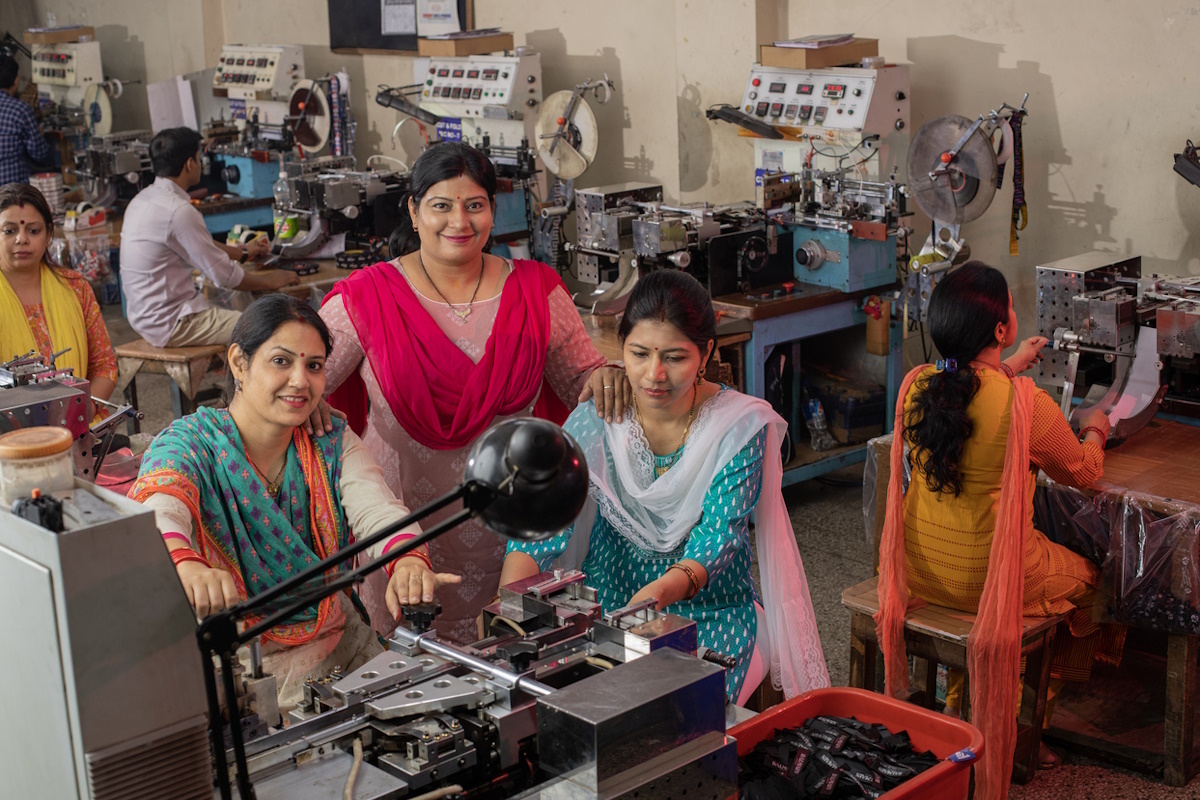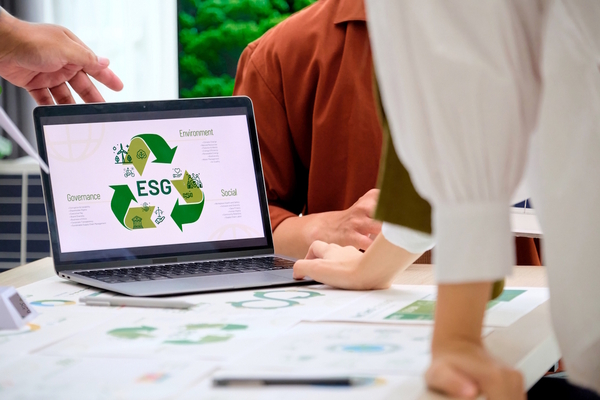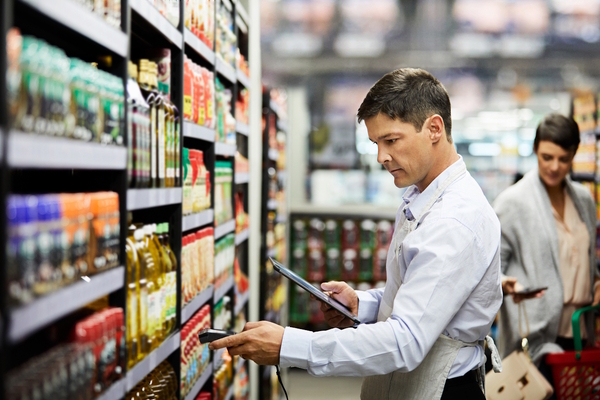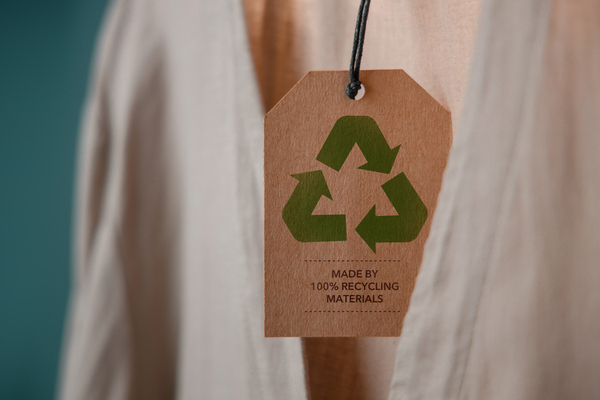Supporting business women in the developing world

Ajaita Shah at Frontier Markets explains why investing in female entrepreneurs is the best way to help low-income communities
Women are key to eradicating global poverty. Across the developing world, they not only play a central role in farming – providing 43% of agricultural labour – they also remain the main caregivers, in terms of both children and elderly or dependent relatives. What’s more, they tend to be the ones making most domestic decisions, choosing which products and services to buy.
All these different roles mean they are the lynchpins of their communities, which makes them key agents for development. Investing in them is the best way to help low-income communities raise themselves out of poverty.
Since 2011, I’ve run a social commerce platform, called Frontier Markets, that invests in female entrepreneurs across rural India. We have recruited and trained a network of women, who we’ve named the Solar Sahelis, to act as local representatives for our enterprise.
They leverage a technology platform that was designed by them, for them – it’s become a “super platform,” that helps them “learn, earn, and access” opportunities to not only become women in digital business that sell vital sustainable goods and services, like solar powered lights, climate-resilient seeds and organic pesticides, but also help women-owned businesses get training, finance, and other opportunities to help drive economic opportunities in their villages.
Over a decade of experience has taught me that investing in women has a unique ripple effect.
Across vast swathes of the Indian countryside, there are patchy road networks and no local postal services. People can’t simply order things online, get access to services, even know what solutions are available for them because of this distance. Our female entrepreneurs provide a local base from where their community can access the vital goods and services offered on our digital retail platform.
But we aren’t just about offering ‘last mile’ delivery solutions to cut-off communities. Our entrepreneurs also organise local get-togethers, so they can physically showcase and explain new agricultural or domestic products, thereby educating the rural poor on sustainability and green tech. They provide digital support for online purchases from our platform and a repair service for our products.
Additionally, they are using this platform to help market-players “see” women, through data, insights, and piloting opportunities. Solar Sahelis have helped many companies learn about the rural customer, their needs, their demands, the rural market opportunity, launching big innovations in the last mile and being the voice of the community.
At present, we have over 35,000 women entrepreneurs in 9,000 villages, who have delivered over 50 million products, trained 350,000 women-owned businesses to become digitally savvy, onboarded local solutions created by women on a marketplace, and overall, become the go-between, connecting solutions with the people who need them most.
The positive impacts are both personal and social. The women themselves receive training and a new income that allows them to provide for their families – or even, further career or educational opportunities. It empowers them, as they become role models for other women and girls, planting the seeds of yet more positive change.
While empowering women is good in and of itself, it is also good business. While many philanthropists and global development professionals worry about the—very real—challenges women face, entrepreneurs see women as assets, who provide unique skills and insights to support themselves and their communities. Today, these women are the central reason why many systems are finally customising their interventions to truly help communities at scale.
Women facilitate the mass adoption of sustainable products that improve the lives of people in their local communities without detrimentally impacting the planet. For example, when entire villages switch from highly flammable, air-polluting and toxic-fume-producing kerosene lamps to solar ones, the wider social, health and environmental impacts are long-lasting and profound.
Investing in women encourages green growth while simultaneously improving social inequality. A case in point is our scheme to improve access to clean water in India’s arid Rajasthan province, where we are headquartered.
Thanks to funding from TRANSFORM – an initiative from Unilever, the UK’s Foreign, Commonwealth and Development Office and EY to help socially and environmentally responsible entrepreneurs – we have managed to link far-flung rural communities with a supply of Unilever’s high quality water purification systems.
The funding meant we could train female entrepreneurs to earn an income by becoming safe water experts. The investment also went into individual household water quality assessments, to ensure the availability of the right infrastructure, and ongoing systems’ monitoring, to enable rapid response to any issues.
This is just one example of how women can become ambassadors for health and hygiene in their communities and how they grasp new opportunities with both hands. Used to multi-tasking, problem-solving and high levels of responsibility, these women have so much to offer.
I want to provide them with the right tools, so they can flourish and play an integral role solving the world’s problems – which impact them so disproportionately. That’s why I plan to grow my organisation so that it helps 100 million rural consumers get their voice heard, markets to design for these people, and they, of course, become online shoppers – thanks to a powerful salesforce of one million digitally savvy and knowledgeable women entrepreneurs.
These women are key to raising their communities out of poverty. It is time to invest in them.
Ajaita Shah is founder of Frontier Markets and Fortune "40 Under 40: Digital Woman of the Year”
Main image courtesy of iStockPhoto.com

Business Reporter Team
Most Viewed
Winston House, 3rd Floor, Units 306-309, 2-4 Dollis Park, London, N3 1HF
23-29 Hendon Lane, London, N3 1RT
020 8349 4363
© 2025, Lyonsdown Limited. Business Reporter® is a registered trademark of Lyonsdown Ltd. VAT registration number: 830519543





